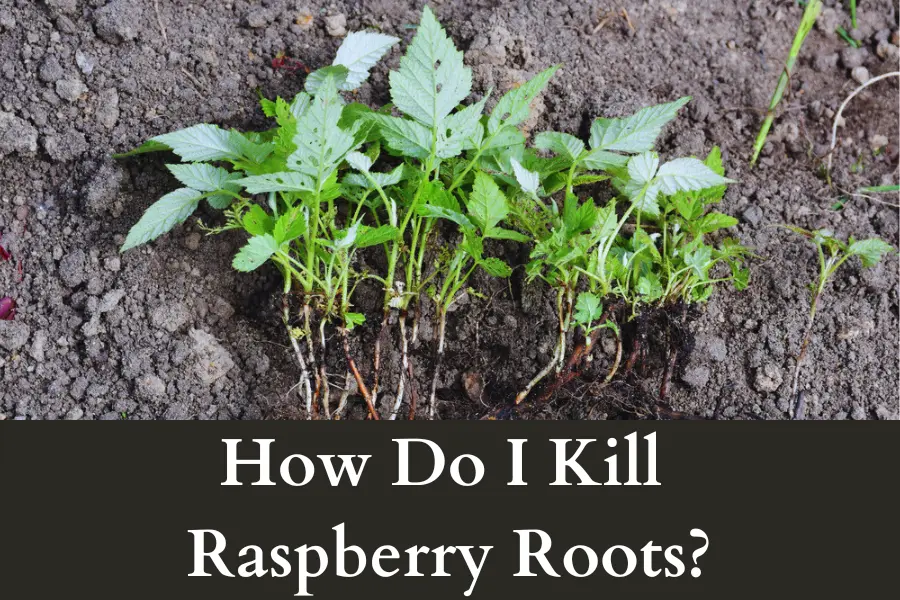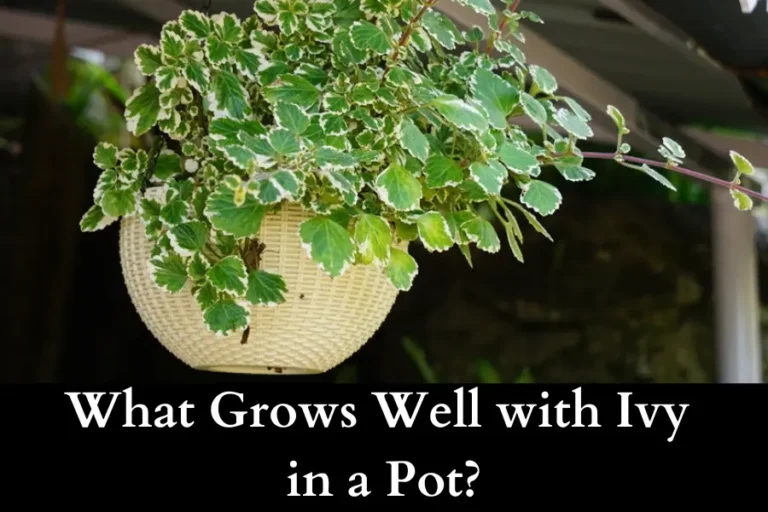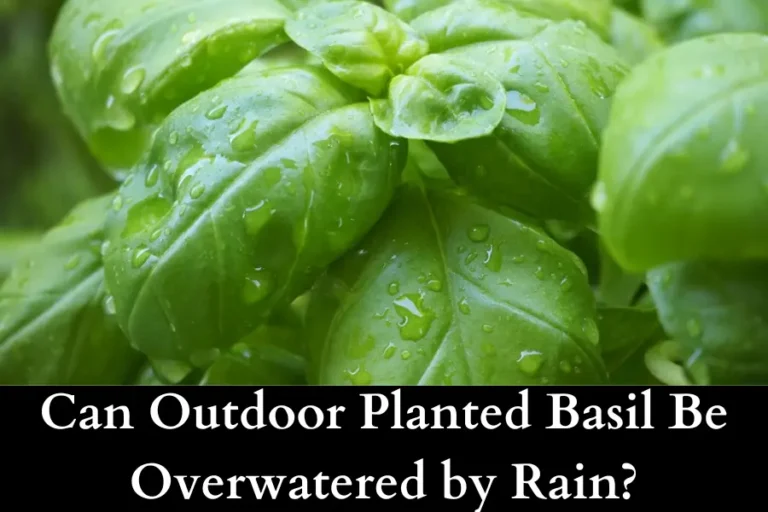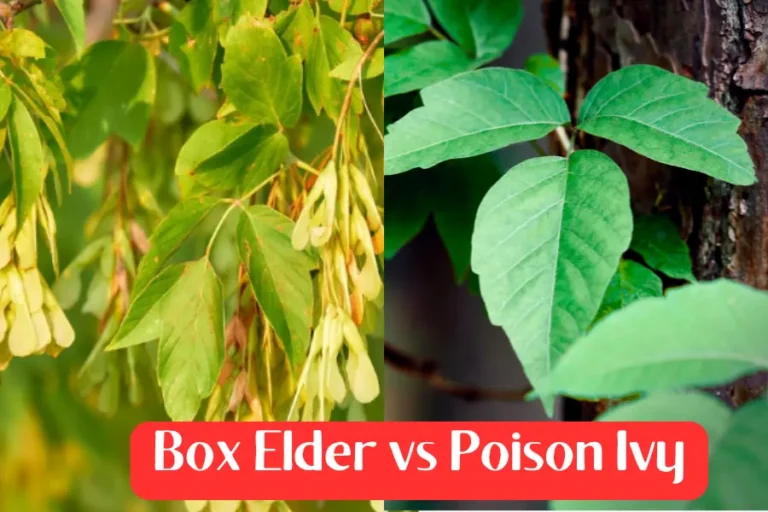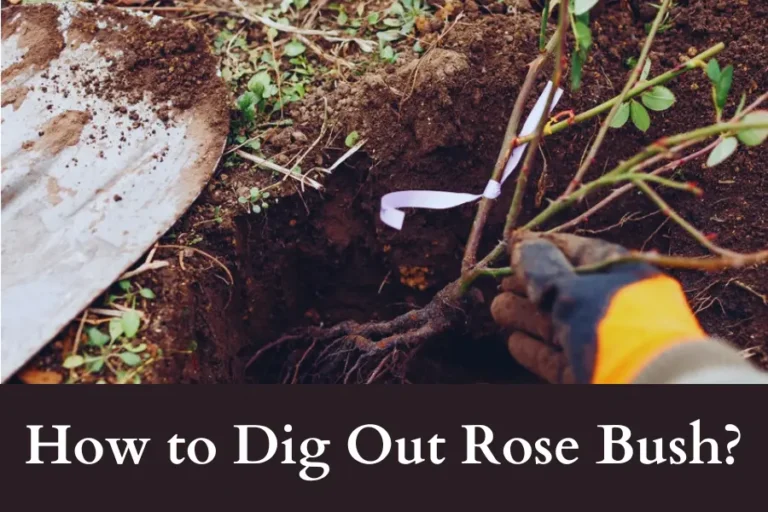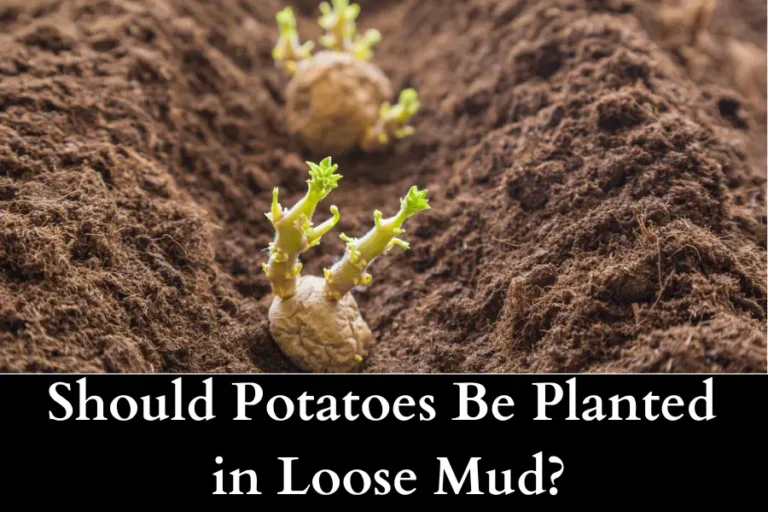How Do I Kill Raspberry Roots? 8 Easy Methods and 7 Tips
Wondering how do I kill raspberry roots? The easiest way is to dig them out completely or use herbicides to stop regrowth. You can also try natural methods like salt, vinegar, or boiling water if you prefer.
Stick around as I share the simplest ways to kill those stubborn roots step by step. Moreover, I will be explaining tips that prevent the roots from coming back.
Key Points
- Digging and removing roots is a chemical-free, effective way to kill raspberry roots.
- Mowing down canes and covering them with mulch can weaken roots over time.
- Herbicides like glyphosate can kill raspberry plants quickly.
- Solarization uses heat from the sun to cook and kill root tissues.
- Saltwater or vinegar are natural solutions that dehydrate and kill raspberries.
- Sheet mulching starves roots of sunlight and oxygen, eventually killing them.
How do I kill raspberry roots? 8 Proven Methods
To kill raspberry roots, you can dig them out completely, use a herbicide like glyphosate, and smother the area with mulch or a tarp. Natural methods like saltwater, vinegar, or boiling water can also work but might take longer.
Digging and Removing Raspberry Roots
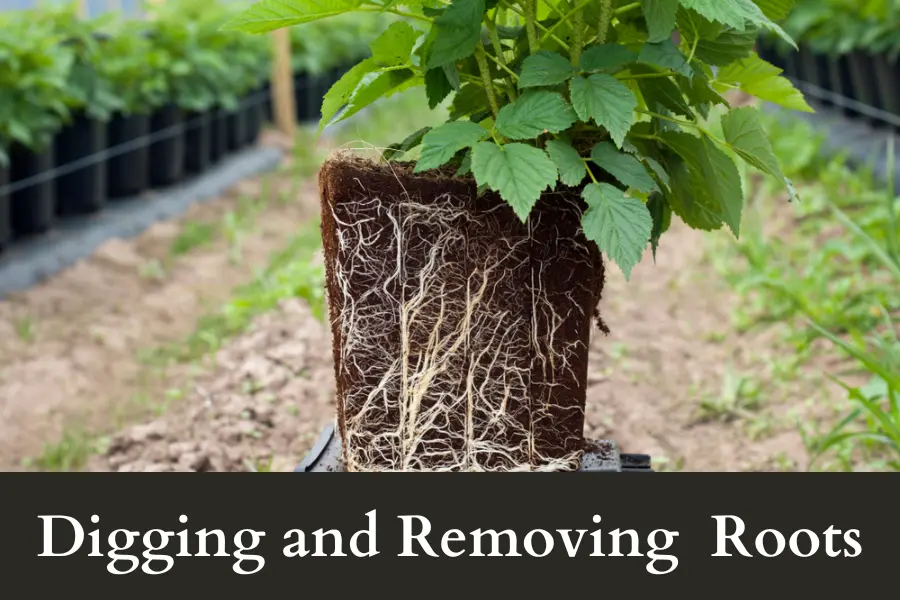
One of the best ways to get rid of raspberry roots is to dig them out by hand. It’s hard work, but if you do it right, you can stop them from growing back.
How to Dig Out the Roots
- Get Your Tools: Grab a sturdy shovel, spade, or garden fork. You’ll need these to dig deep and loosen the dirt around the raspberry roots.
- Start Digging: Raspberries have long roots that spread out. Dig deep enough to pull out the whole root system. Keep an eye out for smaller roots, too—they can grow back if left behind.
- Check for Leftovers: After digging, go through the soil with your hands or a fork to check for any root pieces you might have missed. Even a tiny piece of root can sprout again.
Things to Consider
Digging takes effort, but it’s a very natural way to deal with the problem if you don’t want to use chemicals. It’s great for small patches of raspberries. If you’re wondering how do I kill raspberry roots naturally, this is one of the best options because it’s chemical-free.
Looking for root removal strategies? Learn how to dig out a rose bush with these simple steps for tips that work on raspberries too.
Mowing and Smothering Raspberry Roots
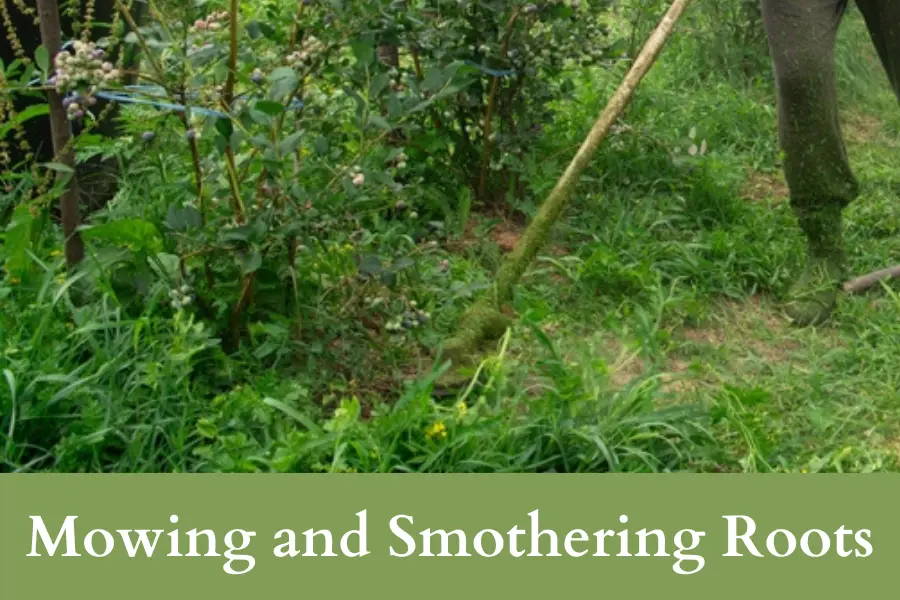
Mowing and smothering is a smart way to handle raspberry roots if you don’t want to dig them up. It’s slower but works well over time.
Steps to Mow and Smother
- Mowing: Use a lawn mower or trimmer to cut the raspberry canes all the way down to the ground. You’ll need to do this regularly, as it weakens the roots by stopping the plant from growing.
- Smothering: After mowing, cover the entire patch with something that blocks sunlight, like a tarp, cardboard, or a thick layer of mulch. The roots need sunlight to survive, so this will slowly kill them.
- Patience Is Key: Keep the covering on for several months. Check the area now and then. If you see new shoots, cut them down again and make sure the covering stays in place.
Things to Think About
This method is great if you want to kill raspberry roots without pesticides and don’t mind waiting. It’s a slower process, but it works if you stay consistent. You’ll need to be patient, though, as it takes time for the roots to die off completely.
Herbicides for Raspberry Roots
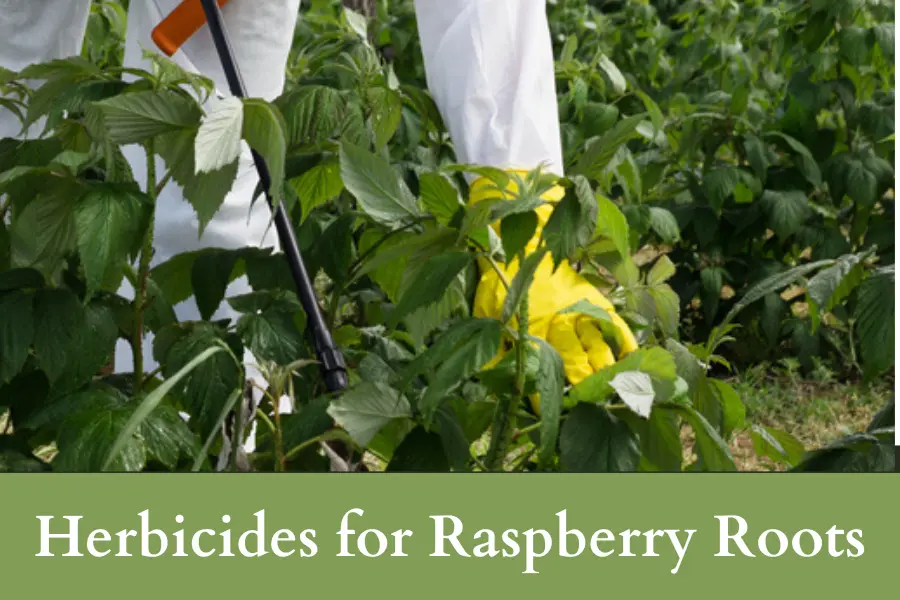
If you’re looking for something faster and don’t mind using chemicals, herbicides are another option. They can get rid of raspberry roots quickly, especially if digging and smothering isn’t working fast enough for you.
Hansjoerg Kraehmer, in Herbicides as Weed Control Agent, notes that post-emergent herbicides are designed to kill weeds that have already germinated.
How to Use Herbicides
- Choose Your Herbicide: The most common choice is glyphosate (often known by the brand name Roundup). Another option is triclopyr, which works well on woody plants like raspberries. You can find these at most garden stores.
- Cut and Apply: First, cut the raspberry canes down as close to the ground as possible. Then, apply the herbicide directly to the cut stems or spray it on the leaves. The chemical will travel down to the roots and kill them.
- Repeat if Needed: Sometimes, one application isn’t enough. If you see new growth after a few weeks, repeat the process to make sure all the roots are dead.
Things to Consider
Using chemicals like glyphosate can be quick, but you need to be careful. Try not to let the herbicide touch other plants you want to keep.
To be more safe, you can apply organic herbicides. In Applications of Biosurfactant in Agriculture (Chapter 12), it is noted that organic herbicides can eradicate weeds without harming plants that are beneficial.
If you’re asking, will Roundup kill raspberry plants?, the answer is yes, but be cautious if you’re using it near other garden plants.
Solarization to Kill Raspberry Roots
If you have some time and live in a warm area, you can try solarization. In this method, you will use heat from the sun to cook the roots, stopping them from growing back.
Steps for Solarization
- Prepare the Area: First, cut the raspberry canes down to the ground. Then, clear any debris around the area so the plastic can lie flat.
- Cover the Area: Use clear plastic sheeting to cover the area where the raspberry roots are. The plastic traps heat from the sun, which will get so hot that it kills the roots underneath.
- Wait It Out: Leave the plastic in place for several weeks or even a few months, depending on how hot it gets. The longer the plastic stays in place, the more likely the roots will die off.
Things to Know
This method works best in sunny, hot climates. It’s an all-natural way to kill raspberry roots, making it a great choice if you want to kill raspberry roots without pesticides.
However, it can take time and needs strong sunlight to work well.
Salt or Vinegar Solutions for Raspberry Roots
If you’re looking for household items to kill raspberry roots, you can try salt or vinegar. These methods are simple but need to be applied carefully.
Using Saltwater or Vinegar
- Salt Solution: Mix a strong saltwater solution and pour it over the raspberry roots. Be careful, though—salt can make the soil unsuitable for other plants for a while.
- Vinegar Solution: Use high-strength vinegar (around 20% acetic acid) to spray on the plants. Vinegar can kill the leaves and roots, but you might need to reapply it a few times for the best results.
- Watch the Area: After applying the salt or vinegar, keep an eye on the patch to see if new growth appears. If it does, repeat the treatment.
Caution
Both salt and vinegar are strong and can harm surrounding plants, so apply them carefully. If you’re wondering will vinegar kill raspberry bushes or will salt kill raspberry bushes, the answer is yes, but be sure to use these solutions sparingly to avoid damaging other plants.
Boiling Water to Kill Raspberry Roots
Boiling water is another simple, natural method to kill raspberry roots. It’s best for smaller patches or when you don’t want to use any chemicals at all.
How to Use Boiling Water
- Boil the Water: Heat a large pot of water until it’s boiling.
- Pour on the Base: Carefully pour the boiling water directly over the base of the raspberry plants. The heat will kill the roots by damaging the cells.
- Repeat as Needed: This method might need to be repeated several times for it to be fully effective.
Things to Consider
Boiling water is one of the safest ways to kill raspberry roots naturally, but it’s not always the fastest. It works best for smaller areas and might take a few tries before the roots are fully dead.
Sheet Mulching to Kill Raspberry Roots
Sheet mulching is another long-term, chemical-free way to kill raspberry roots by smothering them.
Steps for Sheet Mulching
- Lay Down the Sheets: Cover the raspberry patch with thick cardboard or several layers of newspaper.
- Add Mulch: On top of the cardboard or newspaper, add a thick layer of mulch or soil. This will block sunlight and air from reaching the roots.
- Leave It Covered: Keep the area covered for several months. The lack of sunlight and oxygen will eventually kill the raspberry roots.
Things to Remember
Sheet mulching takes time, but it’s an effective, natural way to get rid of raspberry runners and roots. It’s a good option if you’re not in a hurry and want to avoid using chemicals.
Regular Pruning and Depleting Energy Reserves
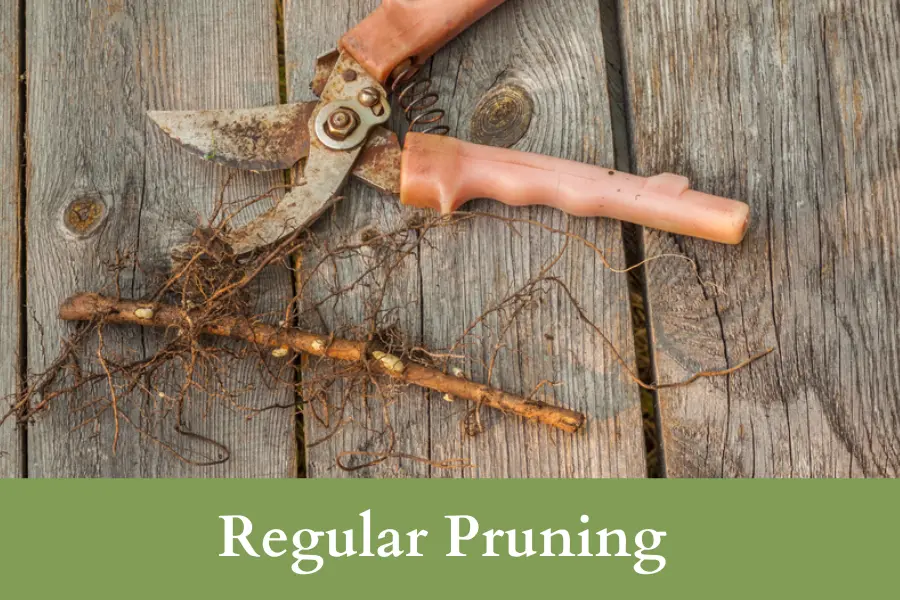
One effective method to kill raspberry roots over time is regular pruning. This means you’ll cut back the canes again and again, forcing the plant to use up its energy reserves.
Eventually, the roots will weaken and die.
How to Prune and Deplete the Roots
- Start by Cutting the Canes: As soon as new raspberry canes pop up, cut them down to the ground. Do this consistently, not just once or twice. Every time you cut the canes, the plant has to use its stored energy to try and grow back.
- Stay Consistent: The key to this method is to keep cutting. Don’t let the canes grow tall. The more often you cut, the quicker the roots lose strength.
- Watch for New Growth: Keep an eye on the patch. If you see any new shoots, cut them right away. Over time, the plant will be unable to grow back.
Considerations
This method is slow but works well if you’re patient. It’s also a great choice if you’re looking to kill raspberry roots naturally without any chemicals. It requires regular attention, so it’s perfect if you can keep up with it.
This method is especially good for small areas of raspberries. Just remember, it may take months or even a year of steady pruning to fully kill the roots.
How Can I Prevent Raspberry Roots From Coming Back After Removal?
To stop raspberry roots from coming back, you need to dig out the roots, keep the area covered, and be persistent with your methods. Use mulch, barriers, or regular cutting to keep them from growing again. Proper disposal of the roots is important too.
Keep Digging to Catch Any Missed Roots
Even after you’ve removed the main plants, little bits of root might still be hidden in the soil. Raspberries are stubborn and can grow back from just a small piece.
So, after your first dig, go back through the soil to double-check for any leftover roots. You might need to dig a little deeper or sift the soil to catch them all.
Cover the Area with Mulch or Tarp
Once the roots are gone, covering the area with a heavy mulch or tarp helps stop them from coming back. Mulch blocks sunlight, which the roots need to grow.
Spread a thick layer of wood chips, straw, or even leaves. Or, lay down a tarp over the soil. If no sunlight reaches the roots, it’s much harder for them to grow again.
Install Root Barriers
If raspberries have been spreading into your garden, a root barrier can help keep them contained.
You can place a physical barrier, like plastic edging or metal sheets, around the area where you’ve removed the roots. This stops the roots from spreading into other areas and prevents any new growth.
Regular Pruning and Monitoring
Even after removing most of the roots, some new shoots might still appear. It’s important to keep an eye on the area and prune any new growth right away.
Consistent cutting will weaken the roots over time, preventing them from taking hold again.
Herbicides for Stubborn Roots
If roots are still trying to come back after digging, consider using a herbicide as a last resort. Apply it directly to any new shoots that appear. Herbicides can target the roots, stopping regrowth for good.
Just be sure to use them carefully, especially if other plants are nearby.
Solarization for Regrowth Control
If you live in a warm area, you can try solarization to keep the raspberry roots from coming back. After removing the roots, cover the area with clear plastic and let the sun do the work. The heat will kill any tiny root pieces left in the soil, preventing them from sprouting again.
Keep Soil Healthy
Healthy soil can make it harder for raspberries to grow back. After removing the roots, try adding compost or other organic matter. Doing this will improve the soil quality. This can also encourage the growth of other plants and make it tougher for raspberry roots to return.
How Do I Safely Dispose of Raspberry Roots After Removal?
After you’ve removed the raspberry roots, disposing of them safely is crucial. Don’t just toss them in your compost or leave them on the ground, as they can regrow. Proper disposal will ensure they’re gone for good.
Avoid Adding Roots to Compost
Don’t put raspberry roots in your compost bin. Even when they’re cut up, these roots are tough and might regrow in the compost. They can survive and then spread once the compost is used in your garden.
To avoid this, throw the roots in the trash instead of composting them.
Burn the Roots (If Allowed)
If you live in an area where burning garden waste is allowed, this can be a good way to get rid of raspberry roots. Burn them in a controlled fire to ensure the roots are completely destroyed.
Make sure you follow local fire regulations and always burn in a safe spot away from buildings and plants.
Let Roots Dry Out Before Disposal
Another way to safely dispose of raspberry roots is by letting them dry out. After digging them up, leave them out in the sun to dry. Once they’re fully dried, they’re less likely to regrow.
Afterward, you can throw them away or even use them as mulch once you’re sure they’re dead.
Bagging and Trash Disposal
For a simple and safe disposal method, bag up the raspberry roots and throw them in the trash.
Important Point: Make sure to seal the bag tightly so the roots can’t escape or start growing somewhere else.
This is the easiest way to ensure the roots won’t cause any trouble after removal.
Conclusion
To sum it up, there are plenty of ways to deal with raspberry roots. Here’s what you can do to tackle them:
- Always dig deep if you can. It is crucial for removing the entire root system.
- Mow and cover the area to block sunlight and weaken roots.
- Use herbicides like glyphosate for a quicker solution.
- Try natural methods such as saltwater, vinegar, or boiling water.
- Keep checking the area to make sure no new growth appears.
With these effective methods, you can finally stop those invasive raspberry roots from taking over your garden. Stick with it, and you’ll enjoy a raspberry-free space in no time!

